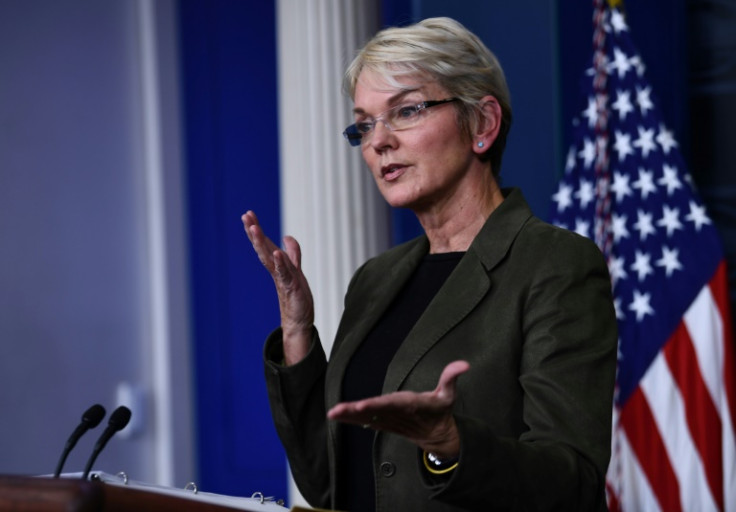Energy Department Pledges $3.5 Billion Plan To Supercharge Battery Production

The U.S. Department of Energy (DOE) announced Wednesday that it will award an additional $3.5 billion for companies to produce and develop battery technology and components.
The funding will be designated for firms building electric vehicle (EV) battery plants, mining battery components like lithium and nickel, as well as developing non-lithium batteries, among other emerging technologies. Interested companies are permitted to submit funding applications until March 19, 2024.
"Positioning the U.S. front and center to meet the growing demand for advanced batteries is how we boost our global competitiveness, maintain and create good-paying jobs, and strengthen our clean energy economy," Secretary of Energy Jennifer Granholm said in a press release.
The new funding falls in line with the Biden Administration's push to increase electric vehicle battery production within the USMCA area. This round is the second phase of the DOE awarding $6 billion allocated by the Bipartisan Infrastructure Law.
A Lithium Wave Coming To The U.S.?
The new DOE funding comes in the wake of recent substantial lithium discoveries in the U.S., which are expected to boost domestic battery production.
In late August, it was revealed that Lithium Americas, a Canadian lithium miner, had discovered the world's largest known retrievable lithium deposit in northern Nevada. Lithium Americas expects to begin production from its 'Thacker Pass' project in 2025, the company told International Business Times in October.
On Monday, ExxonMobil announced that it had drilled its first well at a lithium brine facility in Arkansas. Production from that project is expected by 2026 or 2027.
These two projects in Nevada and Arkansas alone aim to produce 90,000 metric tons of battery-grade lithium per year by 2030, which would make the U.S. the largest lithium producer in the world relative to current production levels.
The U.S. is undergoing a wave of public and private investment in EV battery chains, as vehicle manufacturers prepare to adjust to the Inflation Reduction Act's requirement to source 100% of EV battery components from North America by 2029.
The currently announced plans to expand battery plants will expand manufacturing capacity in the U.S., Mexico and Canada by nearly twenty-fold by 2030, the DOE estimates. China accounted for 79% of global EV battery production in 2021.
The IEA predicts electric vehicles to account for over 60% of global vehicle sales by 2030, and McKinsey projects a six-fold increase in lithium demand by that same time.
Though it may be relatively late to the international rush to control the battery market, the U.S. continues to stake a progressively larger claim in the future of an exponentially growing sector.
© Copyright IBTimes 2024. All rights reserved.






















